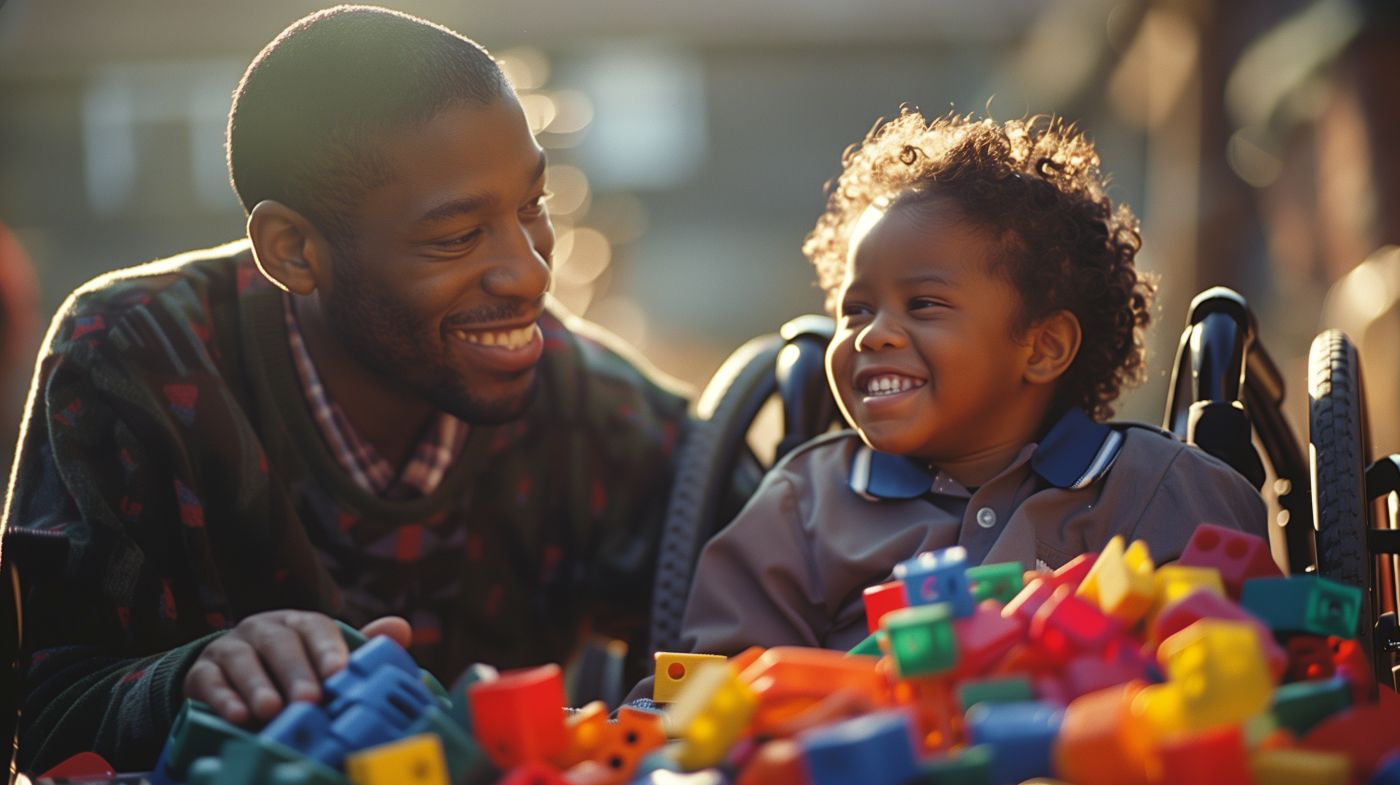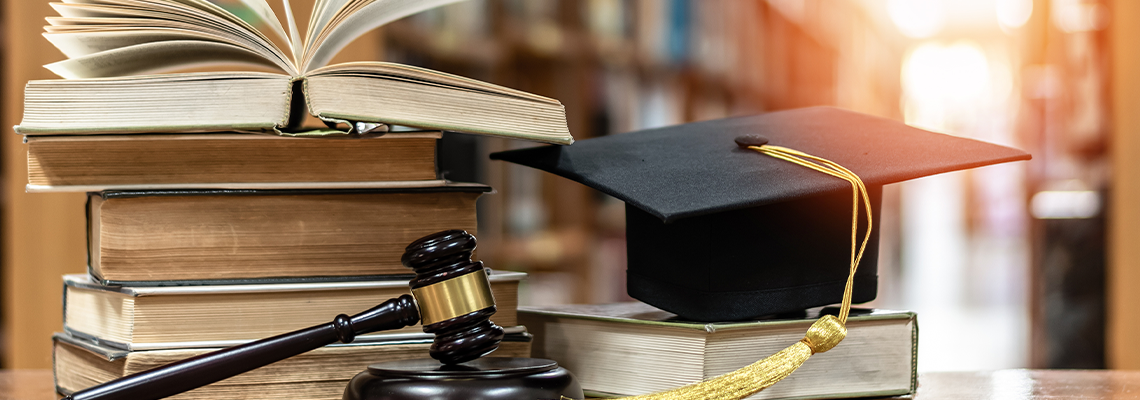
When facing a school disciplinary hearing, emotions often run high for both students and their families in New York. At the Law Offices of Joseph M. Fein, we know that the stakes in these situations can be significant, affecting academic futures, reputations, and personal growth. We firmly believe that a student's voice deserves to be supported by solid, credible evidence at every step.
Why Evidence Is Critical in a School Disciplinary Hearing
Evidence plays several vital roles during a school disciplinary hearing. It shapes the narrative, protects due process rights, and can be the determining factor in the final decision. Schools are responsible for maintaining a fair environment, and evidence helps fulfill that responsibility.
When students are accused of misconduct, they often face a panel made up of administrators, teachers, or school board members. These individuals must rely on the facts presented to them to make informed decisions.
Without evidence, hearings could devolve into "he said, she said" scenarios, leading to unfair results. We work to make sure our clients' cases are based on factual records, not opinions or assumptions.
Types of Evidence Used During Hearings
Different kinds of evidence may be used depending on the specific allegations. Each piece adds a new layer of credibility to a student's defense or explanation. The most common types include:
Witness testimony: Statements from those who saw the incident or have relevant knowledge.
Written statements: Documentation from teachers, administrators, or other students.
Video footage: Surveillance footage or videos from phones that capture the incident.
Emails and messages: Electronic communication between students, teachers, or others involved.
School records: Disciplinary history, attendance records, or academic performance.
Each category builds a broader picture, offering different viewpoints that help decision-makers assess what actually occurred.
How Evidence Protects Student Rights
A school disciplinary hearing must provide students with an opportunity to defend themselves fairly. Evidence is key to protecting this right. Without reliable evidence, students risk facing penalties based on biased accounts or incomplete information. The presence of concrete evidence helps maintain a level playing field.
The law recognizes students' rights to due process, which includes the right to know the charges against them, review the evidence, and present a defense. Our firm makes sure our clients understand the importance of exercising these rights fully. Evidence isn't just important; it acts as a safeguard against unfair treatment.
Preparing Evidence Before the Hearing
The work to gather and organize evidence should start immediately after allegations arise. A rushed approach may leave critical facts overlooked. We always recommend that families take the following steps:
Gather documentation quickly: Save texts, emails, videos, or other records that may support the student's account.
Identify witnesses: Make a list of anyone who may have useful information.
Request school documents: Ask for relevant reports or files that the school may be using.
Organize everything clearly: Arrange materials chronologically or by topic to make review easier.
Taking these steps early creates a strong foundation for the hearing and gives our firm the best chance to present a full, persuasive defense.
Presenting Evidence Effectively During the Hearing
Having evidence isn’t enough; presenting it correctly is equally important. A school disciplinary hearing often operates differently from a courtroom, but certain strategies still apply. When we represent students, we focus on:
Clear communication: We explain why each piece of evidence matters.
Logical structure: Evidence is introduced in an order that builds a compelling narrative.
Professional demeanor: Staying respectful and focused leaves a positive impression.
We also make sure students and families know what to expect. Preparation helps everyone involved feel more confident and reduces the chance of misunderstandings during the hearing.
How Weak or Missing Evidence Can Affect the Outcome
The absence of strong evidence can severely weaken a student's case. Even when a student tells the truth, a lack of documents, witnesses, or other proof can make it hard to convince a disciplinary board.
Consequences of poor evidence presentation include:
Misinterpretation of events: Panels may fill in gaps with their own assumptions.
Harsher penalties: Without mitigating evidence, punishments could be more severe.
Loss of appeal opportunities: Appeals often require demonstrating that evidence was mishandled or ignored. If the evidence was never properly presented, appeals become more difficult.
This is why gathering and using strong evidence isn’t just helpful, it’s essential to protecting a student's future.
The Long-Term Impact of School Disciplinary Decisions
Disciplinary actions can have lasting effects beyond immediate school consequences. A record of misconduct could impact:
College admissions: Some schools require disclosure of disciplinary actions.
Scholarship eligibility: Many scholarships consider a student's conduct record.
Future employment: Employers sometimes ask about past discipline, especially for internships or youth programs.
Because of these long-term implications, it becomes even more important to approach a school disciplinary hearing with care and preparation. Evidence doesn't just influence the hearing—it shapes opportunities years down the road.
Common Mistakes Families Make Regarding Evidence
When families are involved in a school disciplinary hearing for the first time, several common mistakes can happen. We work hard to help avoid pitfalls such as:
Waiting too long to collect evidence: Memories fade, records disappear, and opportunities can be lost quickly.
Underestimating the importance of minor details: Small facts often make a big difference.
Not challenging weak or biased evidence: Allowing unfair or incomplete information to stand unchallenged can tilt the outcome.
Assuming verbal explanations will be enough: Written or recorded evidence carries more weight than spoken words alone.
Families who act quickly and thoughtfully give themselves the strongest chance to protect the student's rights and future.
Why Working With a Lawyer Matters
Facing a school disciplinary hearing alone can be overwhelming for students and parents. Having an experienced lawyer at your side can change the outcome significantly.
Our firm supports clients by:
Reviewing evidence thoroughly: Identifying strengths and weaknesses early on.
Preparing persuasive presentations: Making sure evidence tells a cohesive story.
Advising on procedure: Helping families understand their rights and responsibilities.
Advocating during hearings: Speaking on behalf of students to make the strongest case possible.
When so much depends on the outcome, it makes sense to have knowledgeable support.
What Happens After a Disciplinary Decision
Even after a disciplinary hearing concludes, the role of evidence continues. If the outcome is unfavorable, students may have appeal rights. Appeals often hinge on whether evidence was properly considered, if new evidence has surfaced, or if the process violated due process rights.
Appeals typically involve:
Submitting written arguments: Explaining why the decision should be reconsidered.
Presenting new or overlooked evidence: Strengthening the original case.
Demonstrating procedural errors: Highlighting any ways the hearing was unfair.
Our firm works closely with families during the appeal process, making sure every available option is pursued when appropriate.
Building a Better Future Through Fair Hearings
Every school disciplinary hearing represents a chance not only to defend against an accusation but also to teach important lessons about fairness, accountability, and advocacy. Evidence isn’t just about winning—it's about making sure students are treated with the respect and fairness they deserve.
By preparing carefully, presenting thoughtfully, and working together, we can help students move beyond challenges and toward brighter futures.
Reach Out to Our Law Firm
If your child is facing a school disciplinary hearing, contact the Law Offices of Joseph M. Fein today. We work closely with families across the five boroughs of New York, including Cedarhurst, Nassau County, and Long Island. Let's work together to protect your child's future and make sure every hearing is based on facts, fairness, and a true understanding of what happened.


